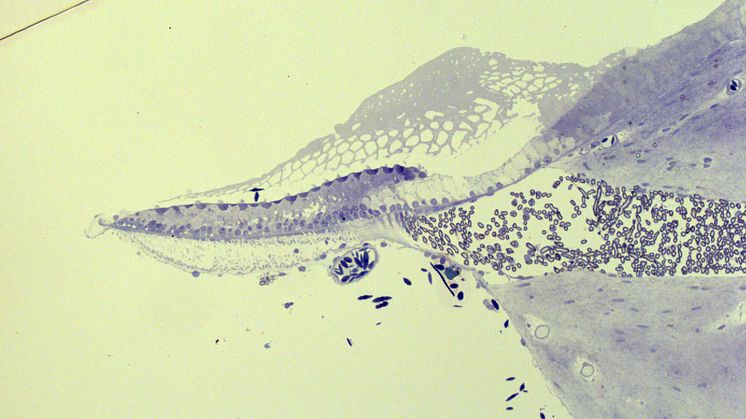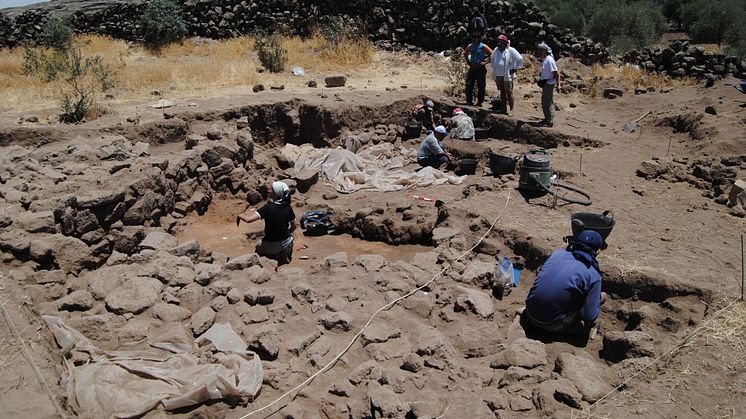New hypothesis about crocodiles’ ears may help people with impaired hearing
Impaired hearing affects billions of people, but crocodiles, who live almost as long and can surpass 70 years of age, have good hearing throughout their lives. One reason is because can create new hair cells, and a research group from Uppsala University is now on the path to finding out why. Hopefully, knowledge from the world of crocodiles will be able to help people with impaired hearing.


